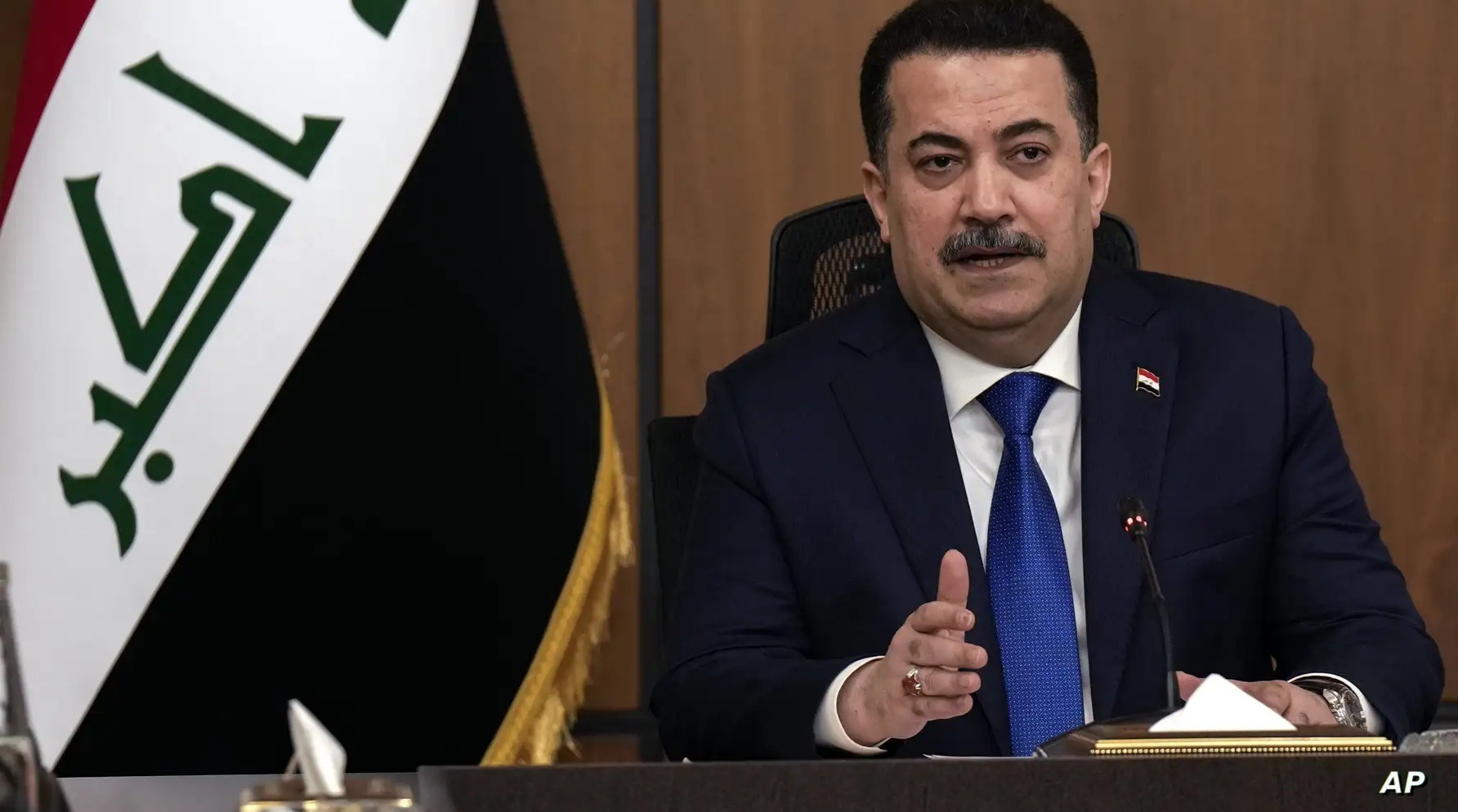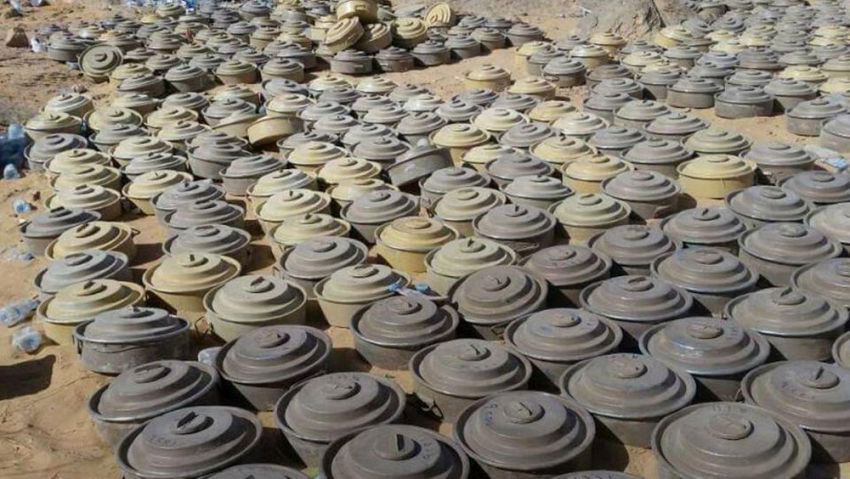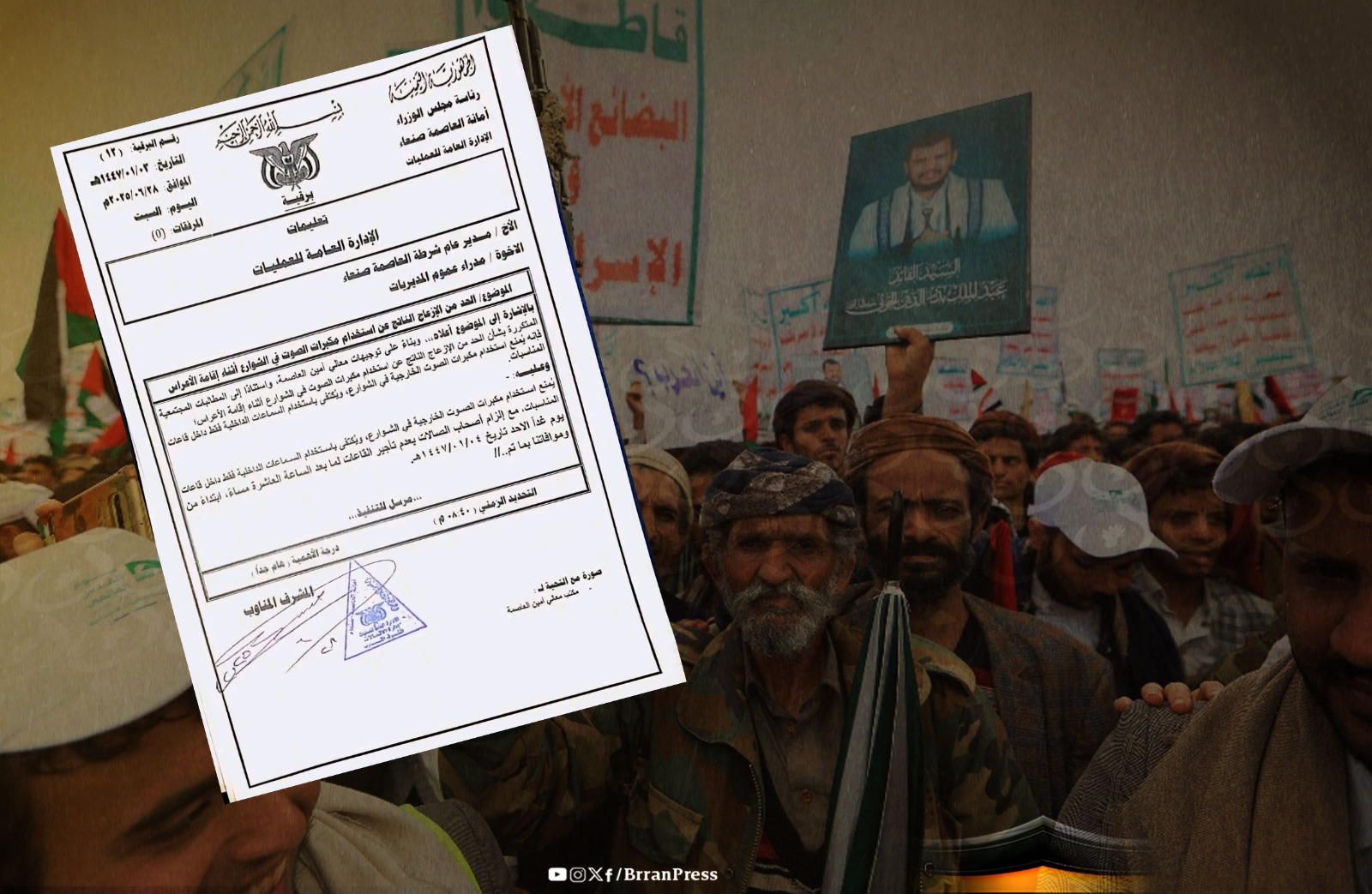
Barran Press
Iraqi Prime Minister Mohammed Shia al-Sudani has revealed new details about the "Century Theft" case, a massive tax embezzlement scandal that has rocked the nation.
Speaking during a visit to the Iraqi Integrity Commission on Saturday, al-Sudani emphasized the commission's vital role in implementing the government's agenda, particularly in combating corruption.
He described the tax embezzlement as a "black mark" on Iraq's history, highlighting the staggering amount of stolen funds and the official cover-up facilitated by corrupt state officials.
According to a statement from the Prime Minister's media office, half of the stolen funds have been smuggled out of the country, with efforts underway to recover them.
Al-Sudani stressed that the commission's work has undergone a significant transformation compared to the previous administration, emphasizing the need to maintain professional standards. He expressed concern over past selective corruption investigations and political influence in opening cases.
The Prime Minister urged swift action against any wrongdoing by Integrity Commission staff, rejecting the exploitation of positions, especially those responsible for oversight and integrity. He confirmed daily communication with the commission and its head to ensure progress and provide guidance.
Earlier, Integrity Commission Chairman Haider Hanoun, in a press conference, announced red notices issued against former Finance Minister Ali Allawi, former Intelligence Chief Raed Jouhi, former Prime Minister's Special Secretary Ahmed Najati, and former Prime Minister's Advisor Mishrak Abbas, all considered suspects in the "Century Theft" case.
Hanoun indicated ongoing efforts to extradite the suspects from Jordan and Turkey, with the extradition of one suspect from Saudi Arabia expected within the next two months.
The "Century Theft" involves tax deposits, with $2.5 billion paid between September 2021 and August 2022 through 247 checks issued by five companies. The funds were subsequently withdrawn in cash from these companies' accounts, whose owners are subject to arrest warrants.
Hanoun revealed that the commission possesses numerous corruption files, some of which remain confidential to prevent the escape of suspects and the loss of funds.
In early March of last year, arrest warrants were issued against several officials from the previous Iraqi government on charges of facilitating the embezzlement of tax deposits.
The scandal, first exposed in mid-October, has sparked widespread outrage in oil-rich Iraq, where corruption is endemic.
Despite the pervasive nature of corruption across Iraqi state institutions, trials in such cases are rare, and when they do occur, they often target low-level officials, according to a report by Agence France-Presse.





